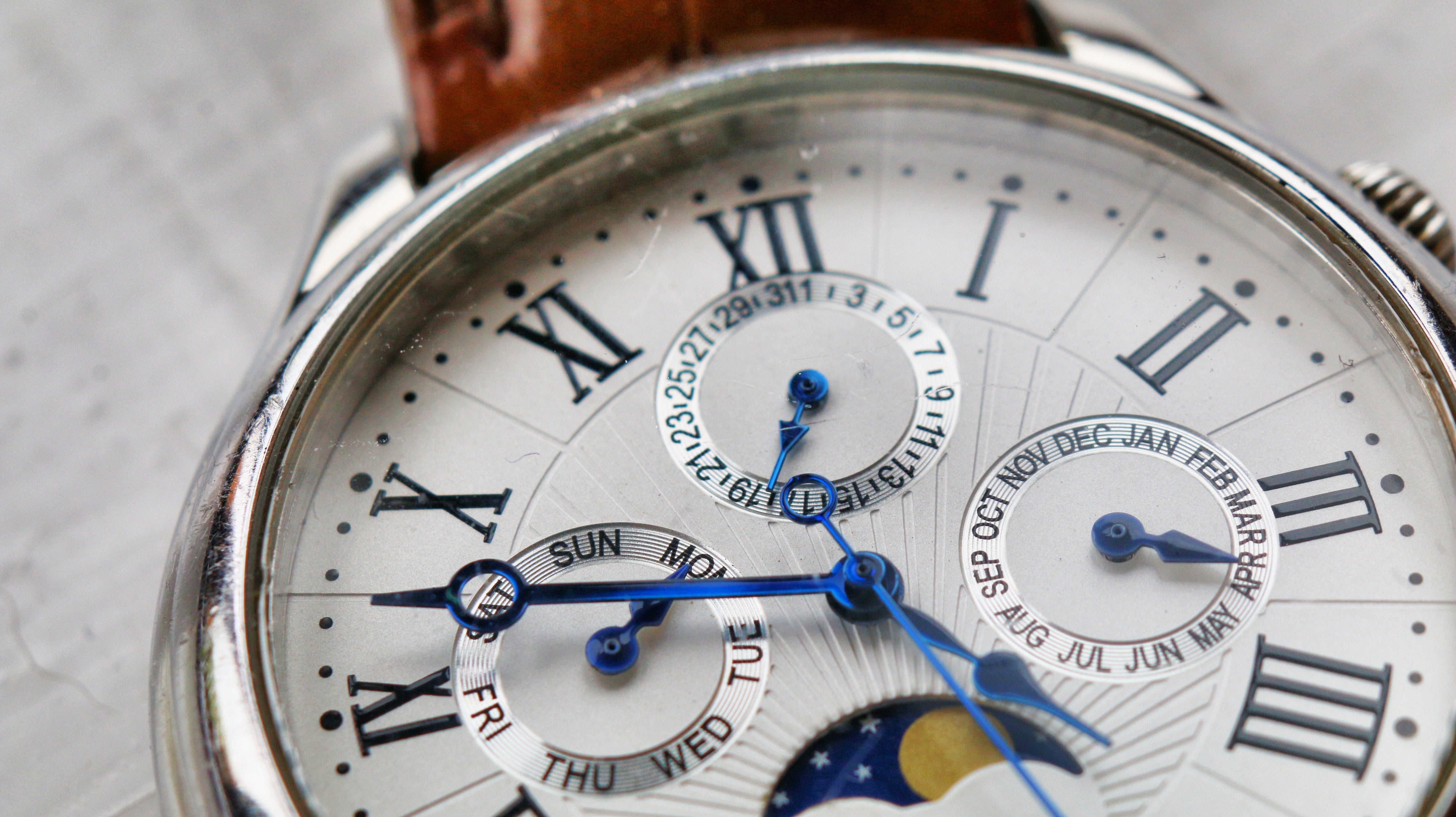
Why Is a Timepiece Called a "Watch"?
Timekeeping devices have fascinated humans for centuries. From sundials to smartwatches, our methods for tracking time have evolved dramatically.
Yet, one term that has endured in our vocabulary is the word "watch" when describing a timepiece worn on the wrist. In this blog post, we'll explore the historical, linguistic, and cultural reasons behind why a timepiece is commonly referred to as a "watch."
Historical Evolution
The Watch Tower Theory
The term "watch" for timepieces has historical roots that can be traced back to the concept of watchmen and watchtowers. Watchmen would keep vigil over towns and cities, keeping track of time using various devices. Their duties involved being watchful, hence the term "watch." The mechanisms they used for timekeeping became closely associated with their function, and it was natural to call these devices "watches."
From Pocket to Wrist
Before the advent of wristwatches, pocket watches were the primary portable timekeeping devices. It wasn't until World War I that wristwatches became popularized. The design allowed for easier access to time without needing to reach for a pocket watch, particularly in situations that required rapid and accurate timekeeping, such as in military operations.

Linguistic Origins
From Old English to Modern English
The term "watch" has linguistic roots in Old English. The Old English word "woecce" meant "watchfulness," which later evolved into the Middle English "wacche," meaning "a period of wakefulness." Over time, the term also came to be associated with the instrument used to measure this period.
The Language of Horology
The world of timepieces has its own specialized vocabulary, known as horology. Words like "chronometer," "timekeeper," and "clock" all signify specific types of time-tracking mechanisms. While "watch" may seem like a casual term, it holds a unique position within the horological lexicon that is both specific (indicating a type of timepiece worn on the wrist) and broad (not restricted by the mechanism, style, or function).
Cultural Impact
Watches as Status Symbols
In many societies, a watch is more than just a timekeeping device; it's a symbol of status, taste, and lifestyle. Luxury brands like Rolex, Patek Philippe, and Audemars Piguet have elevated the wristwatch into an art form. The term "watch" has culturally evolved to encapsulate not just the function but also the form, craftsmanship, and prestige associated with these timepieces.
Timepieces in Popular Culture
The "watch" has found a special place in popular culture, from James Bond's gadget-laden Rolex to the advent of smartwatches like the Apple Watch, which have brought an entirely new dimension to what we traditionally understand as a watch. The term has proven to be incredibly adaptable, able to evolve and expand its meaning in response to cultural changes and technological advancements.

Modern Usage
Beyond Timekeeping: Smartwatches and Fitness Trackers
In the modern era, the term "watch" has been stretched to include devices that do far more than just tell time. Smartwatches have capabilities ranging from fitness tracking to answering calls, showing how versatile the term "watch" has become in encompassing various functions.
The Semantic Stretch
While traditionalists might argue that these modern devices should not technically be called "watches," the reality is that language evolves. The term "watch" now includes a broad range of devices that share the common feature of being wrist-worn instruments that help us manage our day, even if timekeeping is just one of many functions.
Spotlight: LUCA Watches - Redefining the "Every Man's" Timepiece

If you're looking for a watch that balances affordability with high quality and bold design, look no further than LUCA Watches. Created under the mantra of "Bold, Beautiful Design," LUCA aims to produce the quintessential "every man's" watch. Eschewing the buzzwords like "affordable luxury" or "destroying paradigms," LUCA focuses on delivering a timepiece that is genuinely high-quality, durable, and aesthetically pleasing.
Every LUCA model is designed in-house at their Texas facility and undergoes rigorous quality control procedures, including drop tests, sweat simulations, and even UV exposure tests for dial discoloration prevention. Their meticulous attention to detail ensures not only a visually stunning product but also a practical one—easy to read, easy to use, and easy to maintain. LUCA Watches is not just selling a timepiece; they're offering a promise of quality and a unique design that you'll be proud to wear.
Conclusion
The term "watch" has a rich history and has evolved along with the very concept of timekeeping. From its roots in watchtowers and vigilant watchmen to its modern iterations that do more than just tell time, the word "watch" has proved its staying power. The reason a timepiece is called a "watch" is a combination of historical function, linguistic evolution, and cultural significance. As technology continues to advance, it will be interesting to see how the term "watch" will adapt and change, just as it always has.